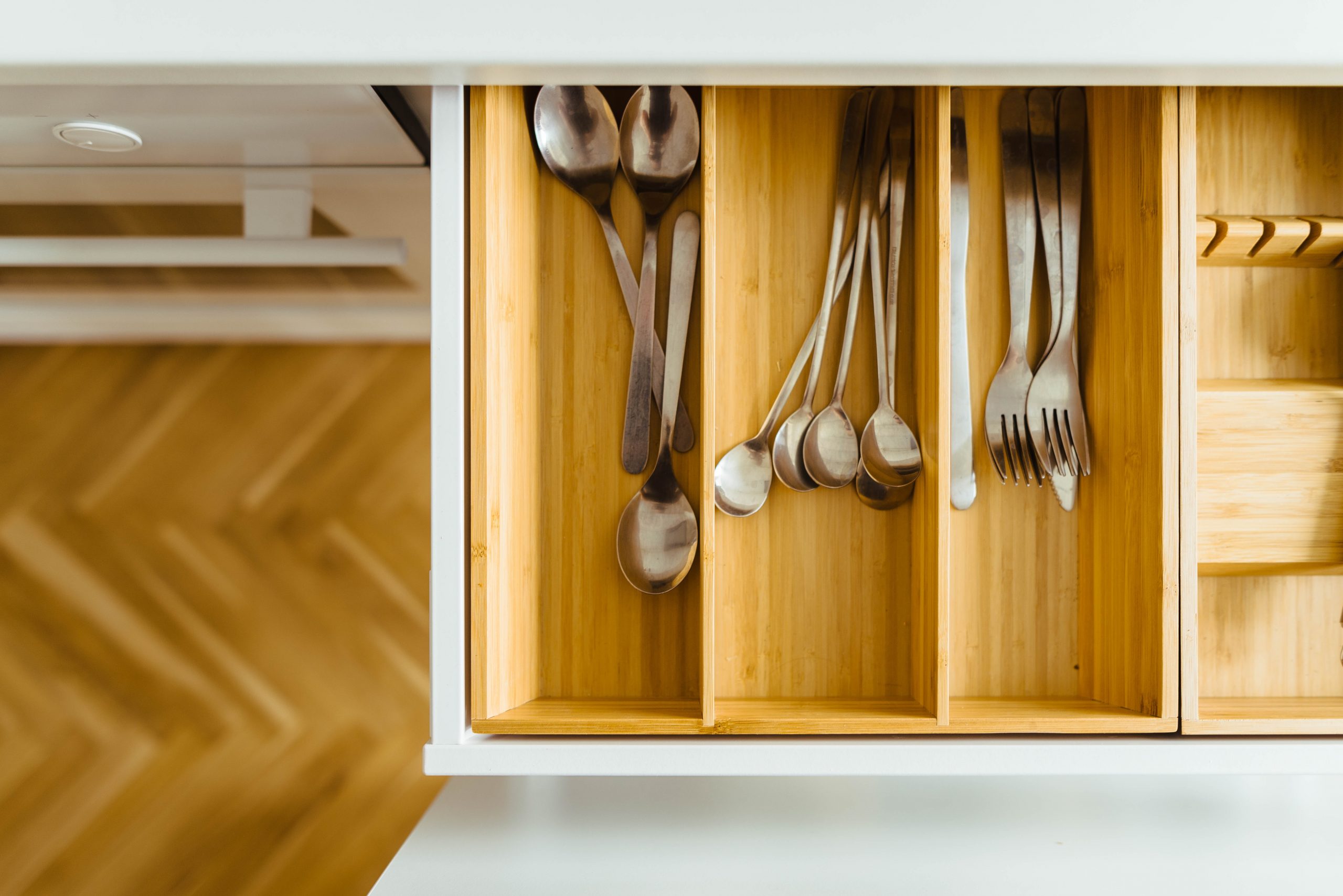Spoon Theory for aHUS Patients
Written by |

Life can be challenging with a rare and chronic disease like atypical hemolytic uremic syndrome (aHUS). Family and friends may not be able to understand what you regularly go through. That can be exhausting and frustrating.
A metaphor called the spoon theory may help.
What is the spoon theory?
A lupus patient, Christine Miserandino, conceived the spoon theory to explain to an inquiring friend what living with a chronic disease was like.
According to the theory, you start each day with 12 spoons. You have to give up one spoon for each task you perform: brushing your teeth, dressing, visiting the doctor, making dinner, etc. When you’ve gone through all your spoons, that’s it.
Healthy people usually have all the energy necessary to do whatever they need to do in a day. In other words, they have a seemingly infinite spoon supply.
The spoon theory underscores that those with a chronic disease have a finite amount of energy that they must carefully ration. Opting to perform an errand or task limits what you can do for the rest of your day.
How does the spoon theory apply to aHUS?
aHUS is a rare multi-organ disease that primarily affects kidney function by causing blood clots to form in the kidneys’ small blood vessels. As a result, an estimated 68% of aHUS patients need dialysis at some point in their lives.
The disorder also has a wide range of symptoms, including nausea, hypertension, fatigue, and shortness of breath. However, because symptom management allows you to be somewhat active, those closest to you sometimes discount or overlook the disease’s toll on your life.
Putting the theory into practice
Understanding that you have only so much energy renders daily prioritizing and planning crucial. Show yourself compassion if you don’t complete everything you set out to do. Remember, when you’ve spent all your energy, you are done with your day.
It’s vital that you practice self-care. If part of that means “using a spoon” for, say, a rejuvenating walk around a park in lieu of a small but potentially tiring get-together, then so be it. You know your body best.
Once you have explained the spoon theory, your friends and family may be able to better understand your needs. So, when you exhaust your spoon set, don’t shy from asking for help.
Last updated: Aug. 17, 2020
***
aHUS News is strictly a news and information website about the disease. It does not provide medical advice, diagnosis, or treatment. This content is not intended to be a substitute for professional medical advice, diagnosis, or treatment. Always seek the advice of your physician or other qualified health provider with any questions you may have regarding a medical condition. Never disregard professional medical advice or delay in seeking it because of something you have read on this website.




